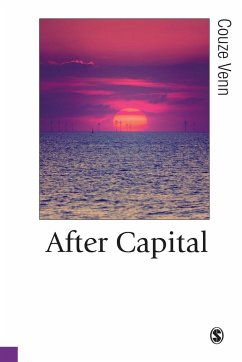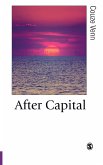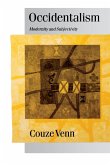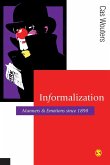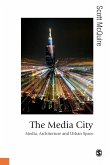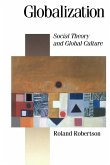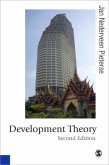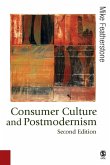The present crisis of capitalism has a history. A history of the private accumulation of wealth through property regimes which allow increasing commodification and the privatisation of resources: from land to knowledge and even to life itself. Understanding that history may allow us to imagine alternatives after Capital which are no longer private but common.
After Capital explores this history, showing how the economy is linked to environmental damage, climate change, resource depletion, and to massive inequality. It takes the reader from liberalism to neoliberalism, from climate change to the Anthropocene, and shows how this history is inextricably the history of colonialism. It is a rich and detailed narrative of capitalism over the last 200 years, that explains its texture and its neoliberal endgame.
This discussion frames speculation on what postcapitalist societies could be, with regimes of private accumulation replaced by a politics and ethics of ademocratic and ecologically- grounded Commons.
After Capital explores this history, showing how the economy is linked to environmental damage, climate change, resource depletion, and to massive inequality. It takes the reader from liberalism to neoliberalism, from climate change to the Anthropocene, and shows how this history is inextricably the history of colonialism. It is a rich and detailed narrative of capitalism over the last 200 years, that explains its texture and its neoliberal endgame.
This discussion frames speculation on what postcapitalist societies could be, with regimes of private accumulation replaced by a politics and ethics of ademocratic and ecologically- grounded Commons.
After Capital takes the risky path that our bleak circumstances demand. This thoughtful and learned intervention boldly spells out protocols for a new way of living. Moving between critique and urgent, unsentimental speculation, Couze Venn identifies the novel habits required to sustain life beyond the war, waste and squalor of contemporary capitalism.
Paul Gilroy 20180314
Paul Gilroy 20180314

